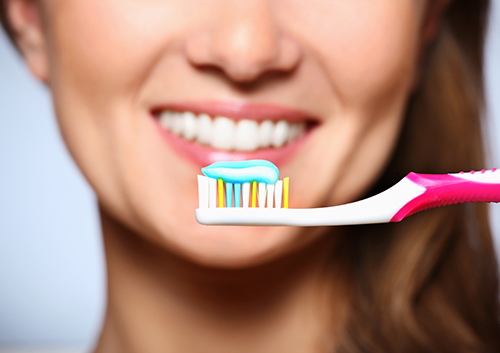The Secret to Lifelong Teeth Whitening
August 26th, 2020

Have you ever noticed your attention being instantly drawn to peoples’ teeth when they smile at you? Some people have dull and yellowing teeth, while others have teeth that appear bright white. Everyone’s teeth naturally dull over time because of aging and the contact your teeth have with staining foods, such as chocolate and coffee. However, teeth-whitening treatments can help you keep your teeth white for life.
Get Regular Treatments
The effects of teeth whitening or bleaching treatments are only temporary, so regular treatments at Erich M. Werner, D.D.S. are necessary to keep your teeth white for life. Bleaching too frequently, though, can wear away your tooth enamel. The effects of in-office bleaching can last for several months to a year, while you may need to repeat your use of at-home bleaching kits every few months to maintain your white teeth. Whitening toothpastes do not contain bleach, so you can use them daily. The American Dental Association suggests asking your dentist for advice on which treatment is best for you.
Have Realistic Expectations
Not everyone’s teeth can be turned bright white, according to the American Dental Association. Your teeth may naturally be a light yellowish color that lends itself well to teeth-whitening procedures, but bleach is not likely to be effective for grayish teeth. Brownish teeth fall somewhere in between.
Practice Good Oral Hygiene
Your teeth whitening efforts will not be as effective if your teeth are in poor health. Visible fillings, implants, or bridges that are metallic stand out against the white color you want to achieve. You can help prevent tooth decay and reduce your risk of needing these unsightly treatments by maintaining a good oral hygiene routine. In addition to brushing your teeth twice a day to remove dirt and potential staining agents, the actions below can promote a healthy mouth.
- Floss every day
- Visit Erich M. Werner, D.D.S. regularly
- Rinse your mouth with water after each meal and snack
- Limit sugary and starchy foods and beverages, especially between meals




 Website Powered by Sesame 24-7™
Website Powered by Sesame 24-7™